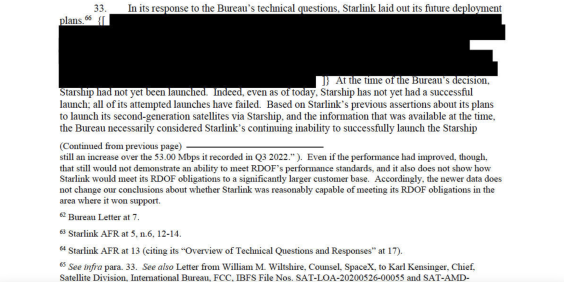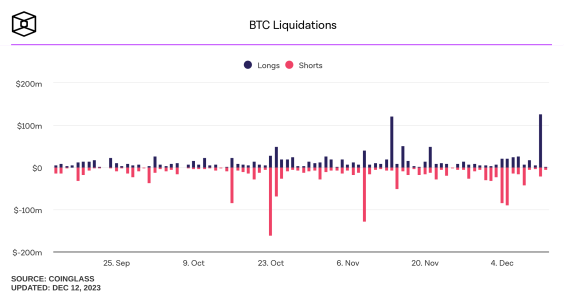This is not investment advice. The author has no position in any of the stocks mentioned. Wccftech.com has a disclosure and ethics policy.
Coronavirus (COVID-19) pandemic continues to hold numerous lives and the global economy hostage as governments throughout the world are forced to expand quarantines and shutter businesses in order to enforce social distancing to try to reduce the spread of this disease that has now infected upwards of 423,000 people around the globe. Astonishingly, around a third of the global population – nearly 2.5 billion people – are currently under some form of mobility restriction due to the pandemic.
As the coronavirus cases continue to balloon in the United States, lawmakers have been engaged in frantic negotiations over the past couple of days to approve a massive stimulus bill that would shelter Americans from the worst financial ravages. Now it appears that a bipartisan deal has finally been reached over a gargantuan $2 trillion aid package.
Senate Majority Leader Mitch McConnell formally announced the agreement on the Senate floor:
"At last, we have a deal. After days of intense discussions, the Senate has reached a bipartisan agreement on a historic relief package for this pandemic.”
McConnell termed the rescue package "a war-time level of investment for our nation" and said that the Senate would initiate approval proceedings when it reconvenes at noon on Wednesday.
Although the full details of the coronavirus rescue package are yet to be revealed, certain key elements of the stimulus have continued to trickle out. As per the details, the bill will expand unemployment benefits, provide cash payments to American families, extend financial assistance to businesses and local governments and deliver funding for hospitals and healthcare workers.
Senate Minority Leader Chuck Schumer said:
"Every American worker who is laid off will have their salary remunerated by the federal government so they can pay their bills. And because so many of them will be furloughed rather than fired, if they have benefits, they can continue, and—extremely important—they can stay with the company or small business. And that means that [a] company or small business can reassemble once this awful plague is over and our economy can get going quickly."
Under the coronavirus economic stimulus package, individuals who earn $75,000 or less in adjusted gross income will receive $1,200 each. Moreover, married couples who earn up to $150,000 will receive $2,400 in direct cash with an additional $500 being awarded for every child that the couple has. This direct cash assistance will be scaled according to the income level, phasing out completely for individuals earning $99,000 and couples (without children) earning $198,000 in gross income.
A proposal to provide $500 billion in loans to distressed businesses, including loans of up to $50 billion for the U.S. carriers that continue to suffer from the near-halt in the global travel industry due to the coronavirus pandemic, was the subject of intense partisan debate. Democrats objected to the lack of sufficient oversight regarding the companies receiving taxpayer-funded bailouts. In the end, the Trump administration agreed to the establishment of an oversight board and the creation of an inspector general post to monitor the consumption of this fiscal assistance by the target companies.
The coronavirus stimulus bill reportedly provides unemployment benefits for a duration of four months, with the facility extending to self-employed individuals as well. The bill also empowers the Small Business Administration to guarantee loans of up to $10 billion, thereby, assisting these small businesses in meeting their payroll and debt servicing expenses.
Crucially, the package will provide $130 billion to hospitals and $150 billion to state and local governments, acting as a vital financial bulwark in their fight against the coronavirus pandemic.
The deal caps days of frantic negotiation between the White House and Senate leaders. As investors awaited the passage of a coronavirus fiscal stimulus bill, the Federal Reserve has been throwing everything, including the proverbial kitchen sink, at the American economy in order to prevent a full-blown meltdown. Over the past couple of days, the Fed has cut its benchmark interest rate to the 0 to 0.25 percent slab, launched an unlimited Quantitative Easing (QE) program and introduced a broad spectrum of policy tools to ease blockages in the financial plumbing. You can read more about these measures by following this link.













